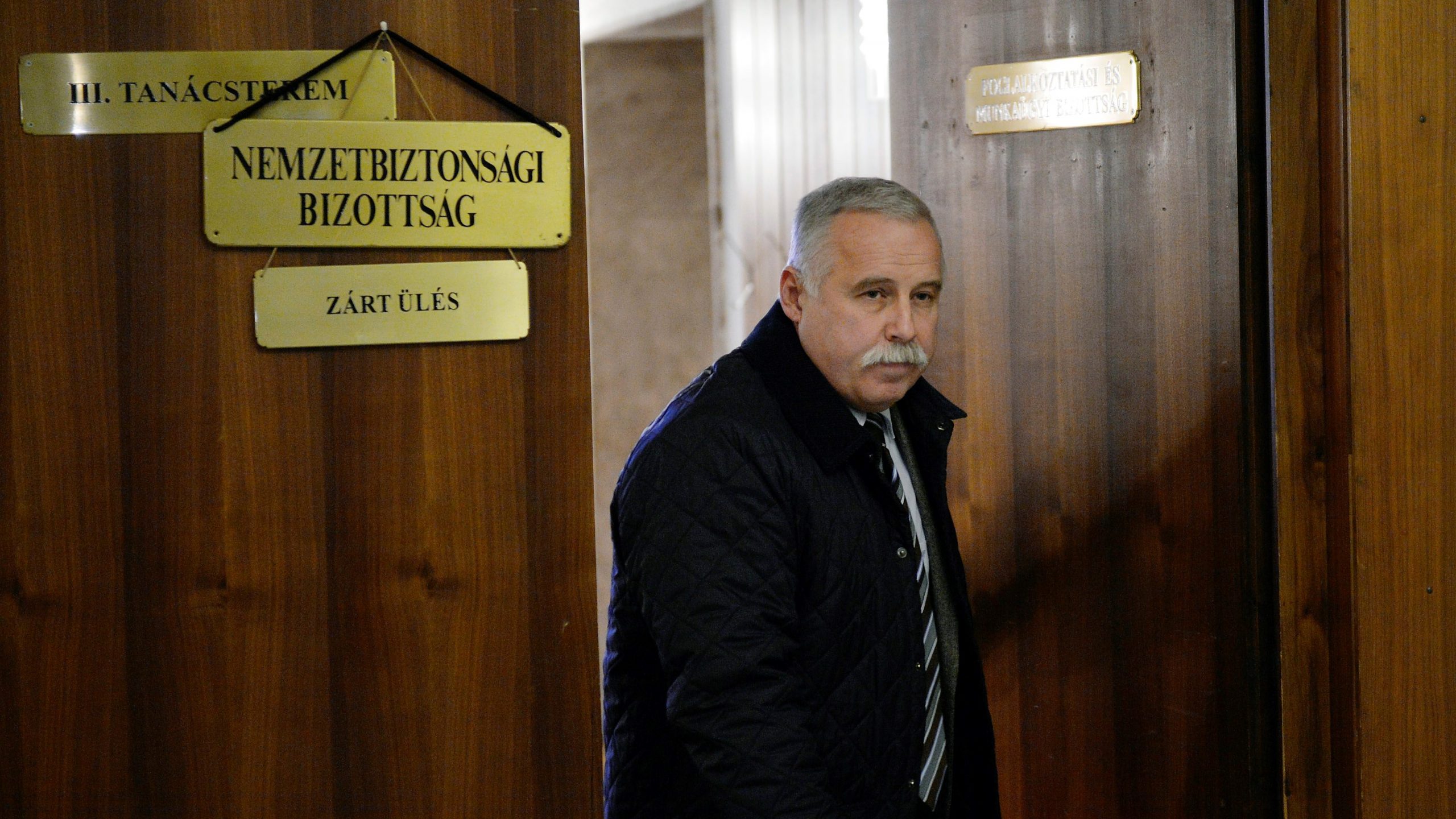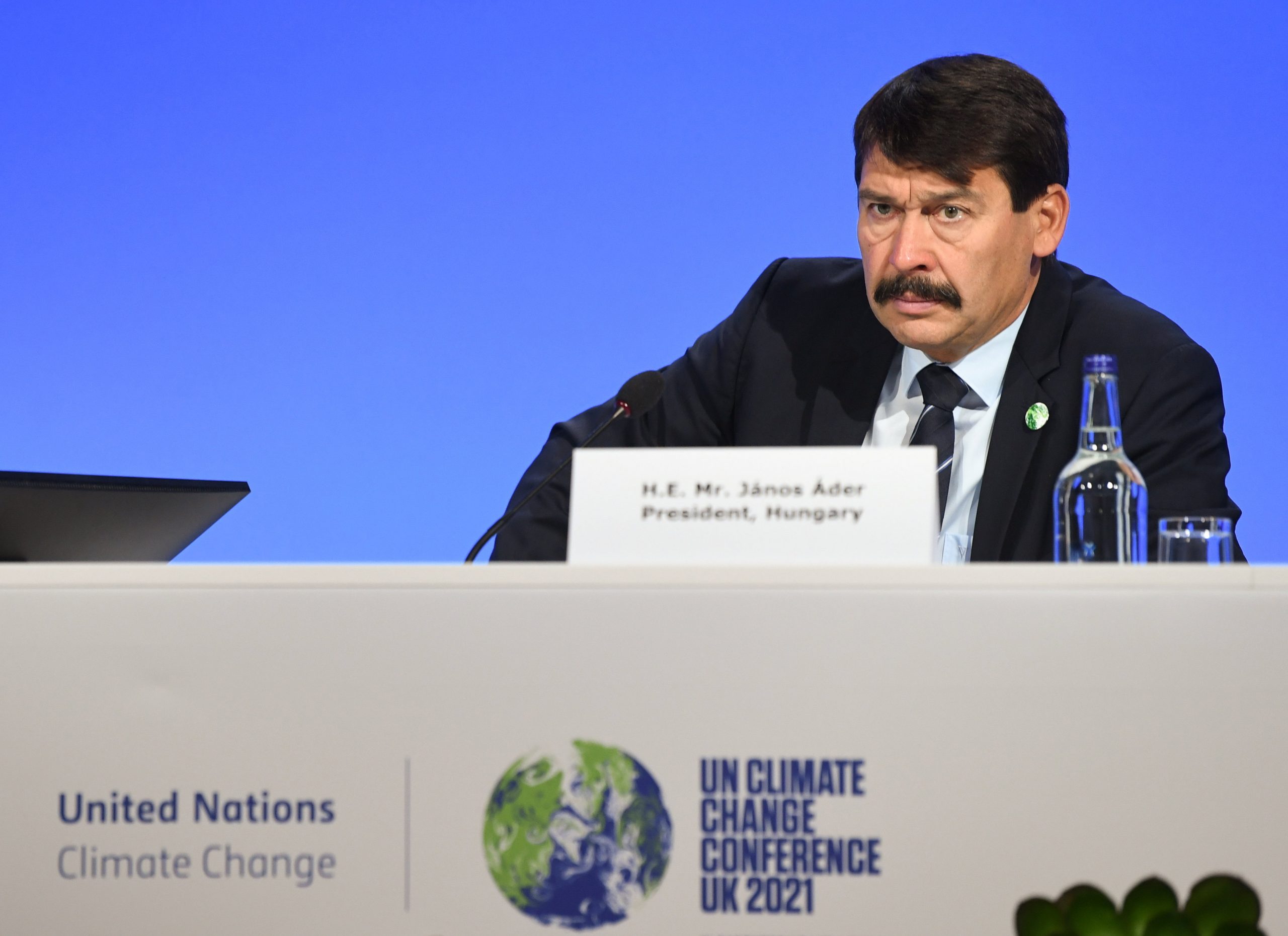
They led Hungary’s internal security intelligence agency during a politically turbulent time under the Gyurcsány government.Continue reading

Two high ranking leaders in the Presidential Guard, the agency responsible for providing protection to Hungary’s president, János Áder, and his family have also been targeted by Pegasus, a military-grade spyware designed to hack smartphones, an investigation by Direkt36 has revealed.
According to a recent article from the investigative and whistleblower platform, the phone numbers of the bodyguards appear in the leaked database that includes targets selected for surveillance by certain foreign clients of NSO Group, the Israeli company that developed the cyber weapon.
One of the targets is Brigadier General Sándor Pomozi, who established and commanded the Presidential Guard and was still a colonel at the time of the surveillance. According to the portal, his confidential relationship with the president is evidenced by the fact that he was involved with the protection of Áder back in 1999 (when Áder was the speaker of Parliament).
The other target is a former close associate of Pomozi, chief warrant officer Attila Viplak, who led the tactical support team of the Presidential Guard at the time. Typically, Viplak accompanied Áder on private programs and trips abroad, as well as protected the members of the President’s family.
According to the article, the Pegasus targets are the heads of security who had the most in-depth information on all the programs and meetings of the President and his family, including their private activities and trips abroad. Pomozi has access to all the information on the personal protection of the President. Meanwhile, Viplak, who is no longer a member of the service, had been (formerly) tasked to move into a secret bunker with János Áder in the event of a terrorist or military attack on Hungary’s leadership.
Viplak was targeted by the Israeli spyware through two of his phone numbers (personal and work) in the summer of 2019, while Pomozi’s number (he appears to be a more important target) was selected for surveillance for a much longer period of time, from spring 2019 for at least several months, the investigative site reports.
Direkt36‘s investigation suggests that the targeting is likely to be the result of a conflict within Hungary’s law enforcement agencies. The TEK had originally been protecting the president since 2012, but by 2015 the president’s confidence in the organization, led by János Hajdu, the former chief bodyguard of Prime Minister Viktor Orbán, had been severely shaken. According to an earlier investigative article, the Counter-Terrorism Center (TEK) was suspected of leaking details of János Áder’s private programs to the Prime Minister. The journalist who had investigated this case was later also targeted by Pegasus, although there is no proof if it had any connection to her earlier investigation. President Áder’s trusted security men left TEK after a suspicious mechanical device was found at the President’s residency, and then they established a new guard corp protecting János Áder.
When asked by Direkt36, Pomozi, who is still in charge of the Presidential Guard, said that he could not make any comments to the press, but Attila Viplak, who has already retired, answered the platform’s questions in detail. Áder’s former bodyguard said the most worrying thing for him regarding the news is that those who could observe him and his superior could also gather information about the President and his family through them.
Direkt36 contacted the President’s Office, and in response said they did not want to make any comment regarding the findings.
The database of telephone numbers selected for targeting by NSO’s clients was jointly obtained by Forbidden Stories, a Paris-based network of journalists, and international human rights advocacy organization, Amnesty International. The data was shared with an international consortium of 17 media outlets, called the Pegasus Project, of which Direkt36 was the only participant from Hungary.
As the government refuses to give any details on the use of the spyware, only emphasizing that all surveillance in Hungary is in-line with the relevant regulations, the question of how or why the two bodyguards were chosen for targeting has not been revealed.
Featured photo by Tibor Illyés/MTI